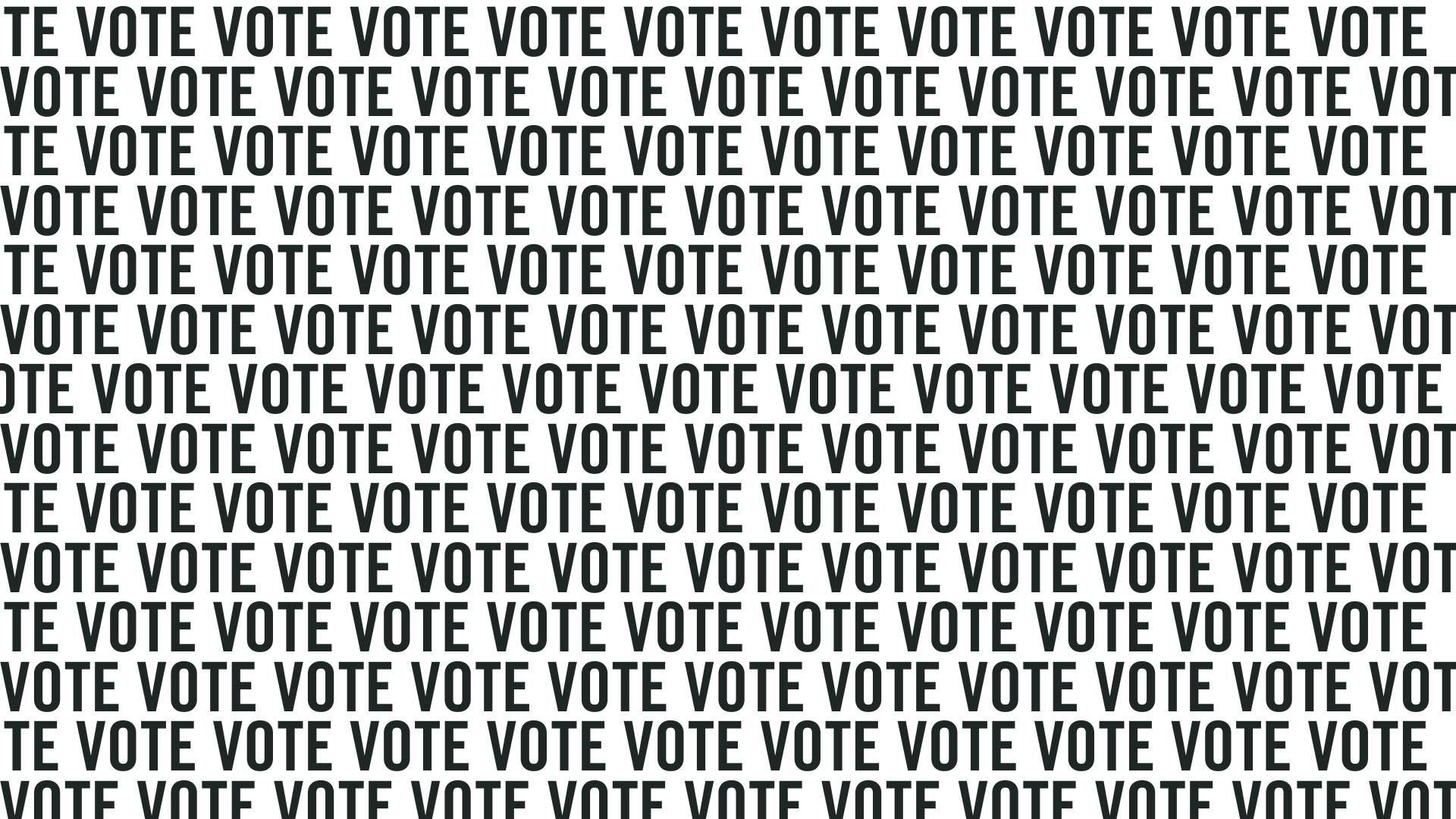2M+ North Carolinians
have records.
Most CAN vote.
Take our 15-second quiz to learn your rights.
Getting the Facts is Simple
How it Works
Learn whether you're eligible to vote under North Carolina law
If eligible, re-register to vote before the deadline
Take the quiz—no personal info needed
-
✅ You’re done serving a felony sentence (including probation/post-release supervision/parole)
✅ You only have misdemeanors, juvenile court adjudications, or tribal court convictions
❌ You’re still serving a felony sentence -
✅ To know whether your conviction was a felony or a misdemeanor
✅ To know whether or not you are still on paper
-
✅ The quiz takes 15 seconds
✅ Registration takes just a few minutes
✅ Register before North Carolina’s next election deadline
Take the Quiz to Learn Your Voting Rights Instantly
What to Know
A lot of people with conviction records in North Carolina think they can’t vote—but that’s not always true. We break it down so you know exactly where you stand.
Only felony convictions affect your voting rights. Misdemeanors, juvenile court sentences, and tribal court sentences do not.
As of March 2022, you cannot vote while on probation, post-release supervision, or parole for a felony conviction.
You can vote in jail if you’re awaiting trial. Just make sure you haven't lost your voting rights from a past felony conviction.
If you were convicted of a felony and have finished your sentence, you need to re-register to vote.
North Carolina laws apply to residents, even if their convictions happened in another state.
Trying to vote when you’re ineligible may lead to felony charges.

What to Do if Your Rights Are Challenged
If a poll worker tries to turn you away, request a provisional ballot. State law guarantees everyone the right to use one.
You'll fill it out as you would a standard ballot. The poll workers will collect it and set it aside until they can verify your eligibility. Election results are not finalized until they review all provisional ballots. You can track your ballot status online or by phone. If they verify your eligibility, your vote will be counted, and if it’s denied, you may be able to appeal the decision.

Additional Resources
-
If you need to find information on your North Carolina court case, check the North Carolina eCourts Portal.
-
Register to vote (only if eligible): NC Voter Registration
Check your voter registration: NC Voter Registration Lookup
Find your polling place: Polling Place Lookup
Absentee ballots (vote by mail):
Accessible & curbside voting: NC Accessible Voting Guide
-
General Nonpartisan Voter Hotline
A nonpartisan hotline for general voting questions, help with polling place issues, and to report voter intimidation: 1-888-OUR-VOTE (1-888-687-8683)Second Chance Voter Hotline
A nonpartisan hotline for people with past convictions to get clear answers on voting eligibility, help with polling place issues, and report voter intimidation: 1-877-880-VOTE (1-877-880-8683)Voters with Disabilities Support Hotline
Disability Rights North Carolina’s nonpartisan voter hotline for people with disabilities who run into problems at the polls, such as no accessible voting machines, being asked to prove a disability, or being turned away due to disability discrimination: 1-888-WEVOTE-2 (1-888-938-6832) -
Most North Carolina voters will be asked to show a photo ID when voting in person. Acceptable IDs include a North Carolina driver’s license, state ID card, passport, military ID, or a student/employee ID from an approved institution.
If you don’t have an ID, you can still vote by completing an ID Exception Form at the polls.
You can also get help obtaining a free voter ID through VoteRiders.

What is No Votes Barred?
We’re a non-partisan campaign helping people with conviction records understand their voting rights quickly, easily, and anonymously. Working in partnership with organizers, advocates, and legal experts, we fight widespread misinformation, educate the public, and empower eligible individuals to reclaim their votes.
1:4
One in four North Carolinians carries an arrest or conviction record, shaping opportunities for jobs, housing, and voting rights.
6X
North Carolina’s jail and prison population has exploded—growing 524% in 50 years, now more than six times greater than in 1975.
52%
Black North Carolinians make up 52% of the prison population but just 23% of the state’s residents.
Take the Quiz to Learn Your Voting Rights Instantly
Disclaimer: All No Votes Barred materials are provided for informational purposes only, intended to help system-impacted voters make informed decisions for themselves, not to advise them about which decisions they should make. It is the responsibility of voters to determine how all applicable laws concerning voter eligibility, registration, and casting a ballot affect them. While these materials were created with a team of qualified attorneys and rights restoration experts, they are not and do not intend to constitute legal advice, nor are they a substitute or supplement to legal advice to address a specific individual’s concerns. We worked diligently to ensure these materials are accurate and complete as of October 2025. However, voting rights change over time and may have changed since publication.



